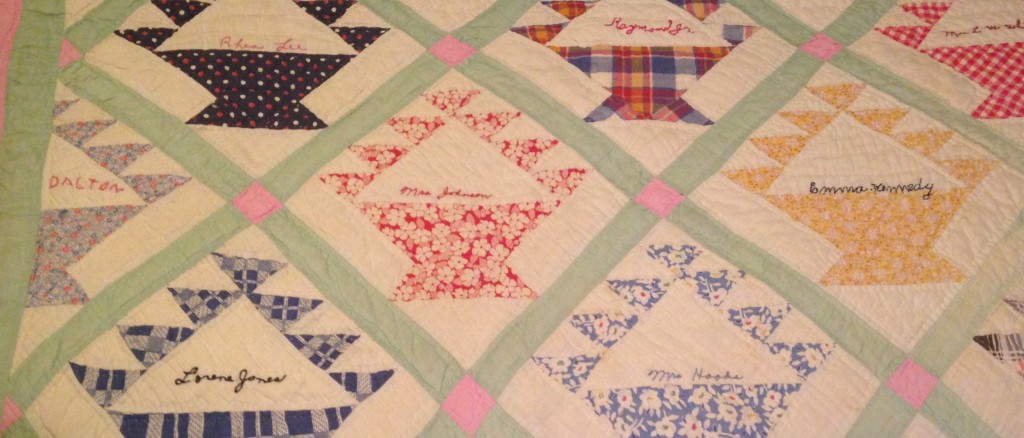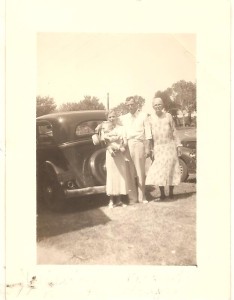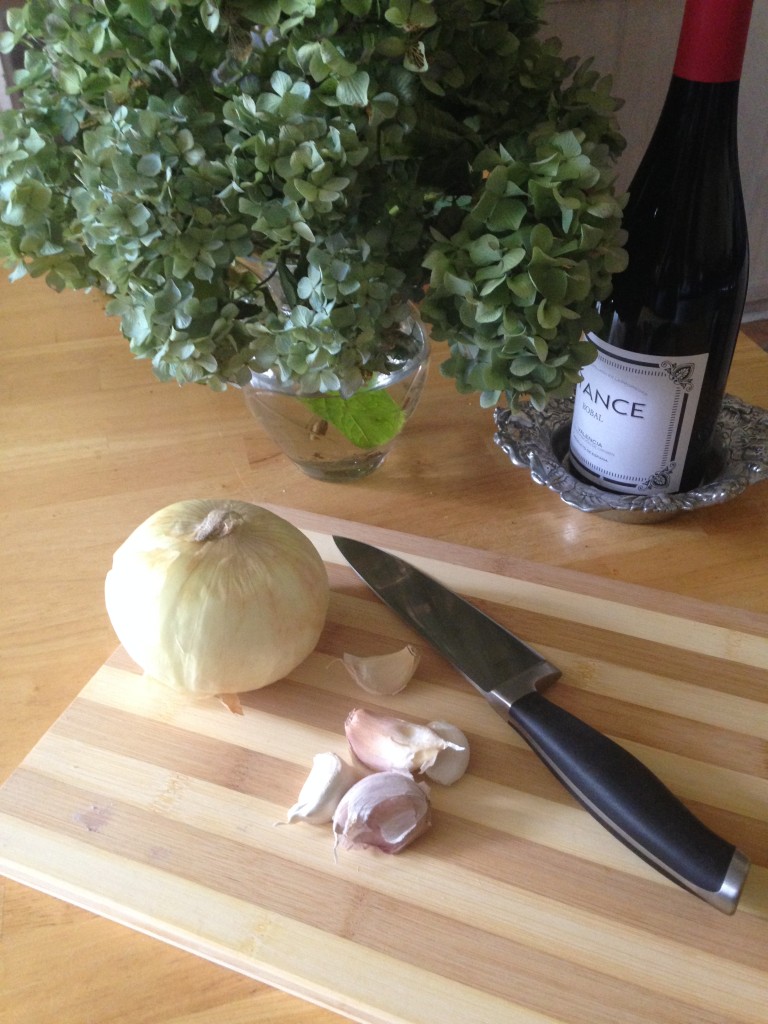It usually begins with garlic, onions, olive oil and music. Sometimes there is wine. There can be break-out dancing in the middle of chopping and sautéing. We are in our living room: the kitchen.
I’m not sure how the conversation started but it was one of those magical, rare nights with my two adult, post-college children. One of them asked, “What’s the worst thing you ever did in high school?” I thought for a few minutes and then launched into a silly story of an adolescent antic involving a school absence, the lake, a security person, and British accents. (Maybe another time but not here.) I’ll admit, it’s not something that I’m especially proud of but it was harmless and didn’t involve any substances. Other similar nights have involved tales about my childhood, my brothers, what my parents were like when I was growing up, or things I struggled with as a young adult at their ages. Sometimes, they are the anecdotes of a graduate student mother of two amazing baby girls. These are the stories that make up the fabric of my life. It is their fabric, too.

I’ve always been a fairly straightforward parent: If I’m wrong, I apologize. If I’m having a bad day, I admit it. If I don’t know what to do, I say so. If I’m falling short on a learning curve, I ask for grace while I try harder. I tell them when I ventured down a fruitless road. I celebrate with them the joys of my successes.
Family secrets can be toxic like an invisible poison in the groundwater.
Many parents don’t have the same approach to parenting, though. It is not uncommon for me to see a teenager (male or female) in therapy and for the parent (mother or father) to confide to me privately that they struggled with the same problem as their child when they were an adolescent. I always ask, “Does your child know you had a hard time with this too?” Rarely, if ever, have they talked with their children about it. Some parents won’t budge on the issue. I’ve come to recognize the pattern: this will be a slower, more arduous recovery. Family secrets can be toxic like an invisible poison in the groundwater.
Parents often believe they are doing their children a favor by only discussing successes. At best, this can come across as flawless which is not believable; at its worst, parents appear self-righteous which is demoralizing to those who feel they can’t measure up. Not surprising, there is research on how families who are transparent and pass along stories of their struggles have kids who are more resilient. Drs. Marshall Duke and Robin Fivush from Emory University tested the theory developed by Duke’s wife, Sara—also a psychologist, that children who know the stories of their families tend to be more resilient.
Reviewed by Bruce Feiler in the New York Times in 2013, the research emphasized that it must be an authentic, honest disclosure. Some families skim over the details in an effort to present a picture of perfection or alternately, they just give a simplistic overview of the challenges. Neither approach holds the key. It is the families that share both sides—the messy and the marvelous—that helps develop children who have higher self-esteem, cultivate more stress-resilience, and have a stronger sense of agency in their lives.

My grandparents were young married couples during the depression. My paternal grandmother, “Nana”, was a natural storyteller and a poet. She “scrapbooked” before it was an expensive hobby. She was the family historian. She loved her family–all of them. I never wearied from her stories of her life and the family and wish I could ask her for more today. Her recollections of their struggles during the depression and the war and how they had to be resourceful and tenacious are a huge part of my own fabric. I can easily trace my own persistence to this legacy that she so generously shared with me. Her love for her husband, after she was widowed early in midlife, are an inspiration. I knew her joys. I knew her pain. I knew her quirks. And I love it all. I especially love that she could be so honest and vulnerable with me. So real. I share as much of her as I can with my own children.
It is the families that share both sides—the messy and the marvelous—that helps develop children who have higher self-esteem, cultivate more stress-resilience, and have a stronger sense of agency in their lives.
Our family story has it all: Hard work. Great love. Disappointment. Success. Tears. Persistence. Joy. Garlic and dancing. It is messy. And it is marvelous. What is your story? What are the colors and patterns that make up your fabric?
Know Your Story because Life is Messy and Life is Marvelous.

